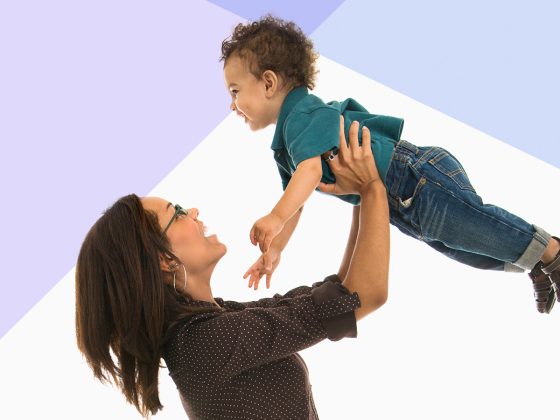
Attachment & Attunement
An article exploring the concept of attachment.
Attachment has become a popular topic for anyone interested in the well-being of young children. Often, we think of it as a bond or the quality of a relationship between a parent and a child. When caring for children who’ve experienced trauma and separation (attachment disruption) early in life, there’s more to consider.
Humans have a physical and emotional need to be “in relationship.” Infants’ survival depends on their ability to have a caring adult “fall in love” with them. This is how they will be fed, cleaned, and experience safety and nurturing. This is why there’s no such thing as spending too much time responding to a child’s needs or too much time holding a child! In fact, every one of those interactions will positively impact a child’s brain development.
But sometimes there is a mismatch (misattunement) in how the child and adult engage in relationships. For example, a warm, nurturing, playful adult may be caring for a child who is very independent, or who requires more quiet moments to feel safe and secure. Attachment is a two-way street. Sometimes the child needs help expressing how they want to be cared for, while the adult needs support in learning the child’s communication or recognizing their cues. And that, like any evolving relationship, takes time.
The development of attachment isn’t always step by step. There is both progress and steps backward (such as when children are reminded of scary moments or deeply miss parents or siblings). Also, how attachment is expressed changes over time, depending on how children are developing and on the nature of the parent-child relationship.
The reality is that children do not want to be in foster care. Younger children especially may not even understand what is happening or why they’re there, so they’ll need a lot of support. After all, while they may feel physically safe, this does not change the fact that they’re grieving and probably don’t have the skills to cope with the loss they’re experiencing.
But while challenges from old relationships may be carried into new ones, there is also opportunity in every new relationship to experience love, acceptance, and connection.
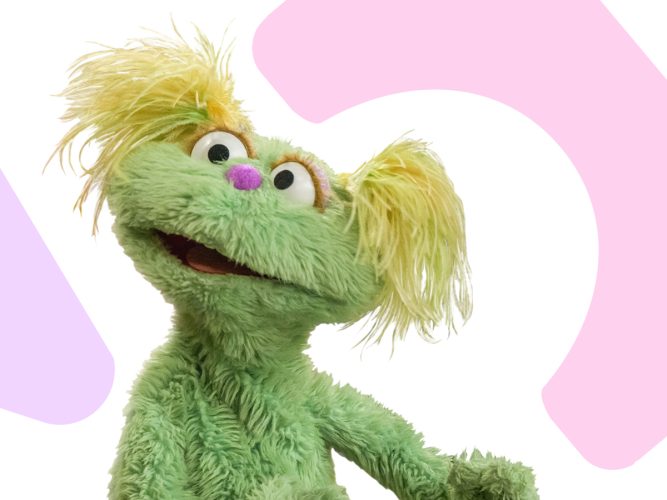
Talking About It
Suggested answers to children’s most difficult questions about foster care.
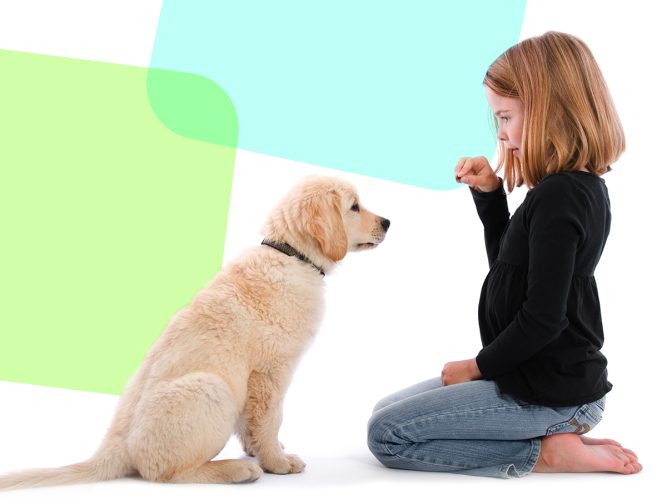
The Creature Connection
How the human-animal bond can help heal.
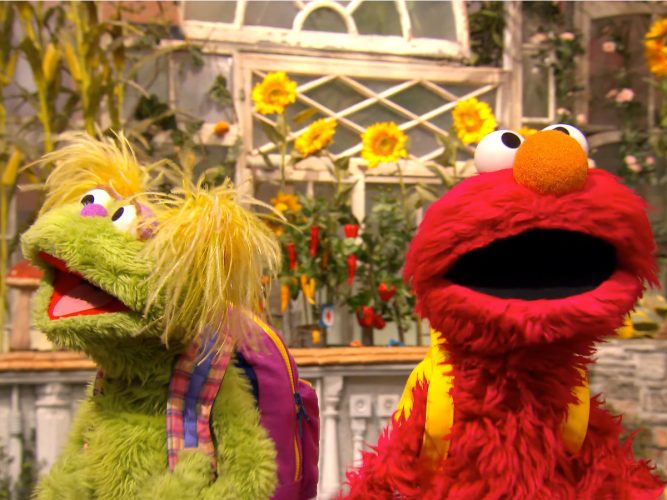
The World Sings to You
A song about listening.
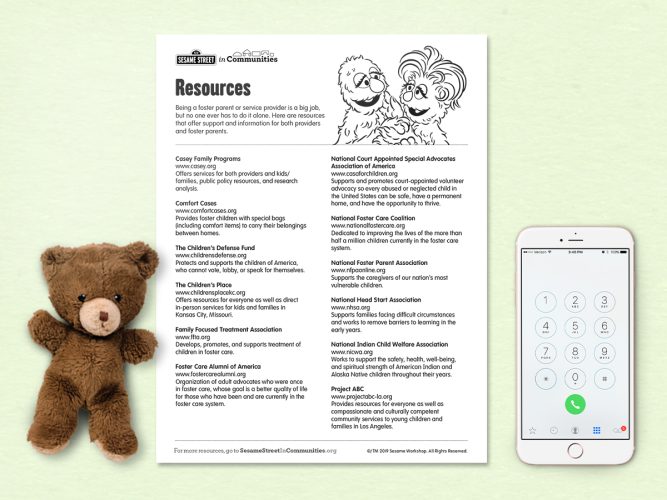
Foster Care Resources
Resource sheet for providers and parents working within the foster system.
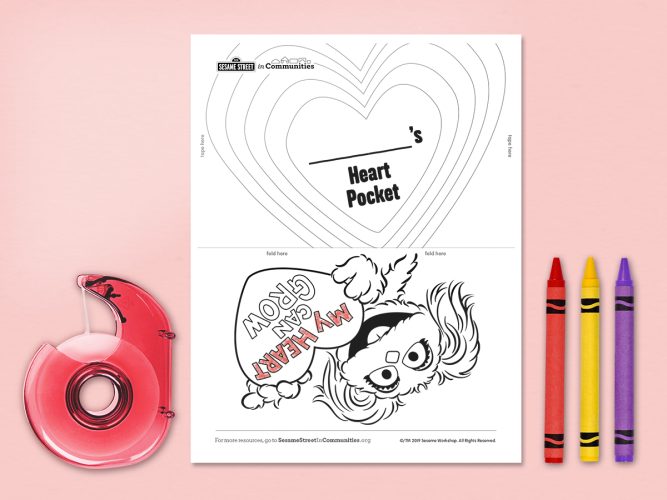
Heart Pocket
Here’s an activity to remind children that they do not lose their memories when they’re separated from those they love—they carry their memories in their hearts.
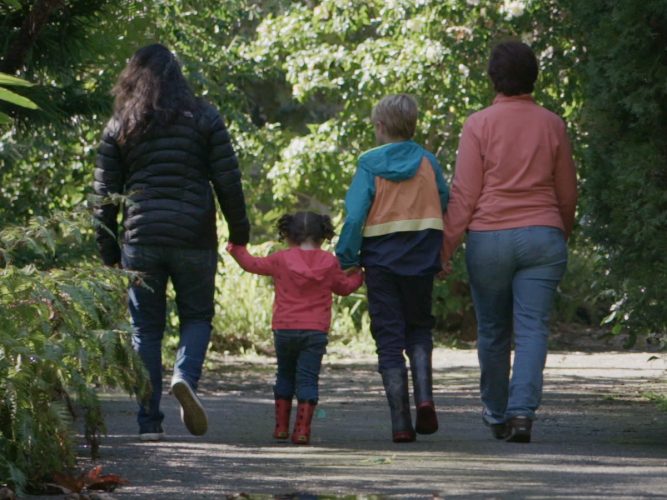
Challenges & Strategies
Reflect on a moment or a period from your childhood when you went through a challenging transition (if you’re with a group, you might share with others).
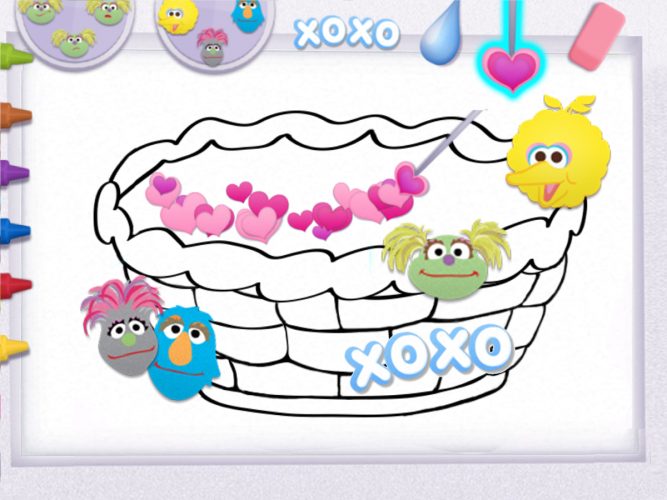
Artmaker: Draw It Out! Foster Care
Digital, open-ended drawing activities to help children with expressing feelings.
